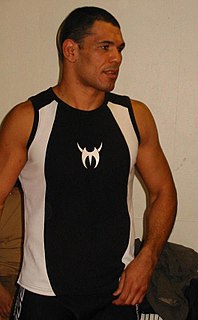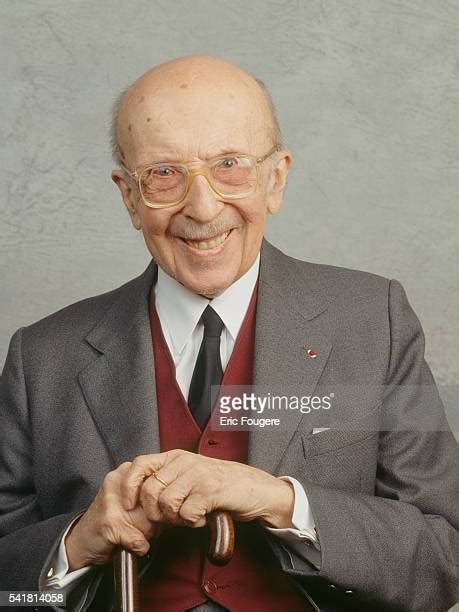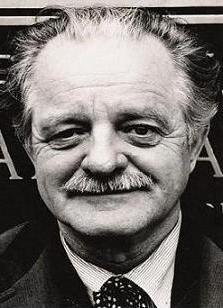A Quote by William Edward Hartpole Lecky
Whenever the clergy were at the elbow of the civil arm, no matter whether they were Catholic or Protestant, persecution was the result.
Related Quotes
We all have views on what our Irishness means to us. Two members of the band were born in England and were raised in the Protestant faith. Bono's mother was Protestant and his father was Catholic. I was brought up Catholic. U2 are a living example of the kind of unity of faith and tradition that is possible in Northern Ireland.
This was a very progressive group of clergy who foresaw the race riots that were going to take place when Dr. King started helping the local civil rights community push for open housing. They were sort of hoping against hope that we could educate kids in a way that could counter some of the racist messages they were imbibing at home. I don't know whether we did any good, but it changed my life in every single way.
To subvert the tyranny of our execrable government, to break the connection with England, the never-failing source of all our political evils and to assert the independence of my country- these were my objectives. To unite the whole people of Ireland, to abolish the memory of all past dissensions, and to substitute the common name of Irishman in place of the denominations of Protestant, Catholic and Dissenter - these were my means.
The intention of Paul VI with regard to what is commonly called the Mass, was to reform the Catholic liturgy in such a way that it should almost coincide with the Protestant liturgy - but what is curious is that Paul VI did that to get as close as possible to the Protestant Lord's supper... there was with Paul VI an ecumenical intention to remove, or at least to correct, or at least to relax, what was too Catholic, in the traditional sense, and, I repeat, to get the Catholic Mass closer to the Calvinist Mass.
The moral issues with which Marcus struggles would be, as he points out, unchanged whether the universe were mechanical and devoid of meaning or value or ruled by deity or Providence; whether the will were in fact free or determined; whether there were or were not a future life, or any even fugitive rewards and punishments at all.


































